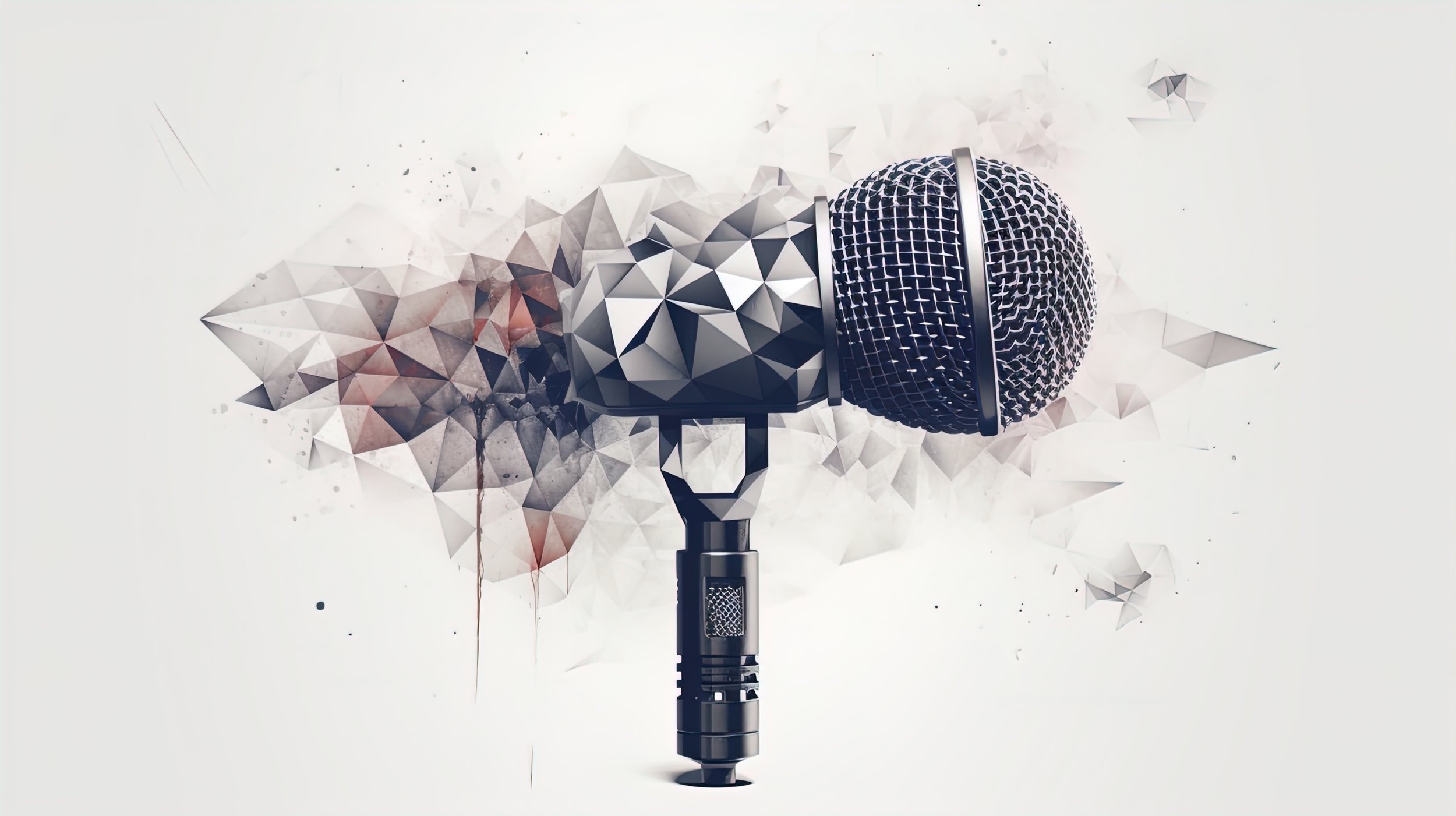Becoming Who I Needed: Healing Through Storytelling
“What did you wanna be when you grew up?” That was the first question he asked me.
I, 23 years old, bug-eyed, and in the deepest, darkest hole I've ever come to know, sat there, five feet from the person who was my parents’ last hope before admitting me into an eating disorder treatment center. I remember being taken aback that this was our introduction. As I observed the room around me, rubbing my hands on the arm of the leather couch, I couldn’t think of an answer.
I know not everybody gets it, but when you struggle with an eating disorder, everything else becomes duller; the eating disorder voice prevails. I learned later on that this is a common experience. The eating disorder becomes the entirety of many people’s identities, to the point that when asked — even from my past self’s perspective — about my future, my brain kept drawing a blank.
He asked again, “So, what did you want to be?”
He was my newly appointed therapist who I would go on to see for two more years. He was a man who had not only done tremendous work within the eating disorder community, but ultimately became, for me, someone I will never be able to properly thank. If it weren’t for him I wouldn’t be here today.
I don't remember my answer to his question. I’m sure I made some kind of joke because deep down I knew my answer would disappoint me. But at the age of 25, when I left his office for the last time, I was closer to knowing the truth about myself. I know now, and have probably always known, the answer: I want to be a storyteller. I have no greater sense of fulfillment or purpose as when I am telling a story.
Leaving therapy in the midst of recovery, I began my life again with a new purpose. With my therapist’s help, I had found a solution to unearthing the passion I had displaced. I now said to myself, “Make your 16-year-old self proud.” It was my new slogan, and it was how I now viewed the world — through a storytelling lens.
I spent the next five years telling stories with a camera. Beautiful, personal, deep, compelling, exposing, and encapsulating art, that I am profoundly proud of today.
But even with this new passion that exposed the truth of me, I still found myself in the darkness and in shadows. I lived in that shadowy place where shame and pain lives, and it consumed my mind. And I found myself, relapse after relapse, recovery after recovery, swearing to myself and my family that “this was the last time.”
When I look back at that shadowy void, I no longer see a dark figure of shame and fear. I see a kid looking to belong. I see a kid longing for a community, one where art and emotions can be comforting. He is looking for connection. Because I did not listen then, and ignored his needs, I forced him into those shadows where he protected himself with armor disguised as addiction and destruction.
I am there for him now, and I know that I am making him prouder than ever before. I am now 30 and a musician, and with my band, Ivy League, we are coming together as a community to overcome the struggles. We are trying to change the live performance space and help build a bridge to recovery. We are there for each other, and we are experiencing all that life has to offer, in sunlight and in shadows.


